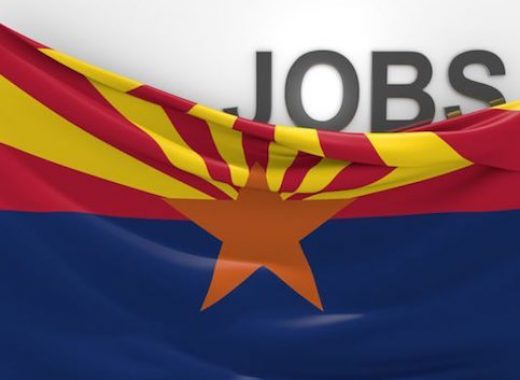To some, anonymity is important. In a few states, like South Carolina, state officials allow lottery winners to remain anonymous. This means the public may never know who won the second largest jackpot in lottery history. The ability to remain anonymous helps winners stay safe from criminals and those who may ask for money.
“Everything we do we try to create a winner, whether it is education, whether it is a retailer, whether it is a player. Why do you want a player who is a winner and now he becomes a loser because his name is out there?” says Tony Cooper, the South Carolina Education Lottery Chief Operating Officer.
The agency wants to do its best to protect winners, and they have fought against a request of the Freedom of Information Act that would make them identify the winner of another large prize in Lexington County in 2013.
In addition to South Carolina, Georgia, Delaware, Kansas, Maryland, North Dakota, Ohio, and Texas allow anonymity for lottery winners.
However, this is not the case in Arizona. Those who win more than $600 can remain anonymous for 90 days, but their names will be released afterward. In Michigan, all lottery winners except Mega Millions and Powerball are kept confidential.
John Kavanagh, an Arizona legislator, rallied to have a law passed to protect the identity of winners after someone from his town won a jackpot.
“I remember saying to myself `That’s fantastic but I’d be worried about my children being kidnapped or people hitting me up for loans. It’s just gossipy, unnecessary knowledge for the public to have. It’s nobody’s business,” he says.
Some who want the names of winners publicized say it maintains the integrity of the games.
“Our position was just that if it is a substantial amount of public money being paid out then it needs to be transparent and it needs to be open,” says Kelley Shannon, the executive director of the Freedom of Information Foundation of Texas.
Vernon Kirk, the head of the Delaware Lottery, states that releasing names and pictures of the winners also promotes interest in the lottery.
“It’s very rare that somebody gives us permission to use their name. We would like to use their name. People like to know who wins prizes but its overwhelmingly people want to remain anonymous. We respect their wishes.”








